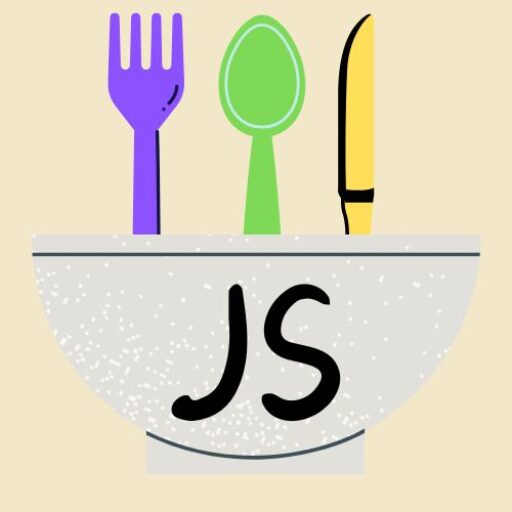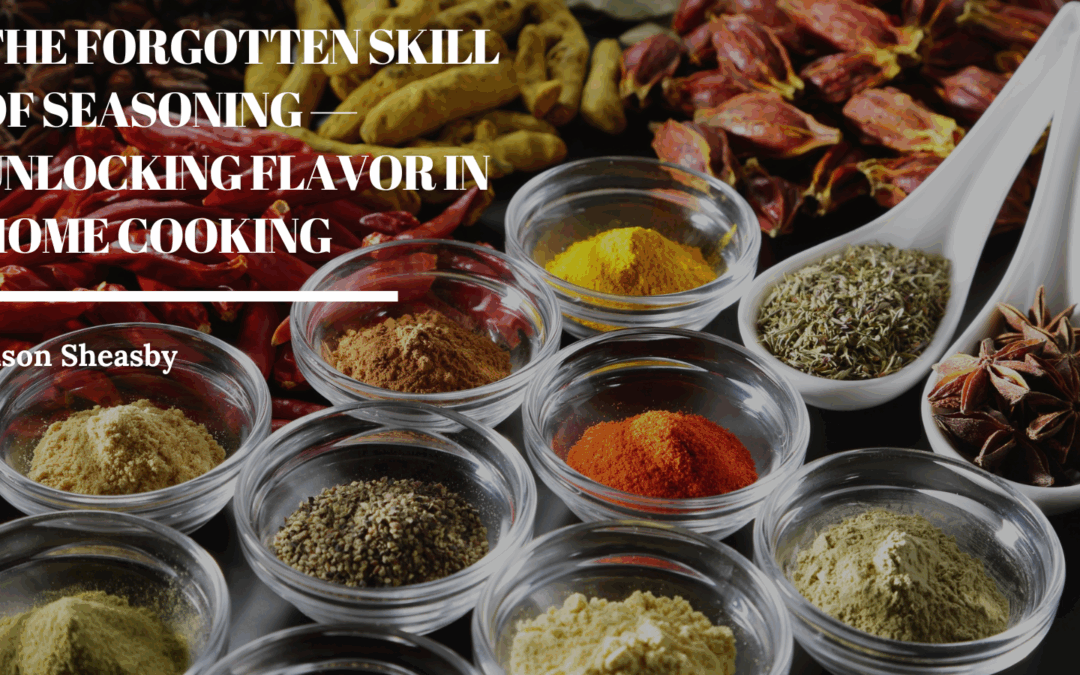For many home cooks, recipes are followed to the letter: a teaspoon of salt here, a dash of pepper there. But true mastery in the kitchen isn’t about memorizing measurements—it’s about developing the instinct to season food so it sings. Seasoning is the most underrated skill in home cooking, and learning to do it well can transform even the simplest dish.
The Foundation: Salt
Salt isn’t just about making food taste salty—it enhances and amplifies the natural flavors already present. A tomato tastes more like a tomato, a strawberry more like a strawberry, when properly salted. The trick lies in balance: too little, and flavors fall flat; too much, and the dish is ruined. The best way to learn is to taste as you go. Add a pinch, taste, then adjust. Over time, your palate will teach you what “just right” feels like.
Layering Flavors with Acids
Acidity is often overlooked, yet it’s what brings brightness and balance. Lemon juice over roasted vegetables, vinegar in a soup, or even yogurt in a marinade can cut through heaviness and sharpen flavors. A squeeze of citrus just before serving can be as transformative as a final sprinkle of salt.
Heat, Herbs, and Spices
Black pepper isn’t the only spice worth keeping at hand. Experimenting with chili flakes, smoked paprika, or cumin can completely alter the character of a dish. Fresh herbs like basil, parsley, or mint add vibrancy, while dried herbs bring depth and warmth. Think of these as your brushstrokes, painting layers of flavor across the canvas of a dish.
The Secret of Timing
When you season matters as much as how you season. Adding salt at the start draws out juices and builds a foundation of flavor. A final adjustment at the end ensures brightness and balance. Similarly, spices bloom differently when toasted in oil at the beginning versus sprinkled at the finish.
Cooking as a Conversation
Once you see seasoning as an ongoing dialogue between you and your ingredients, cooking becomes less about strict adherence to recipes and more about expression. Mastering seasoning is mastering the language of flavor—and it’s the skill that elevates home cooking from functional to artful.

